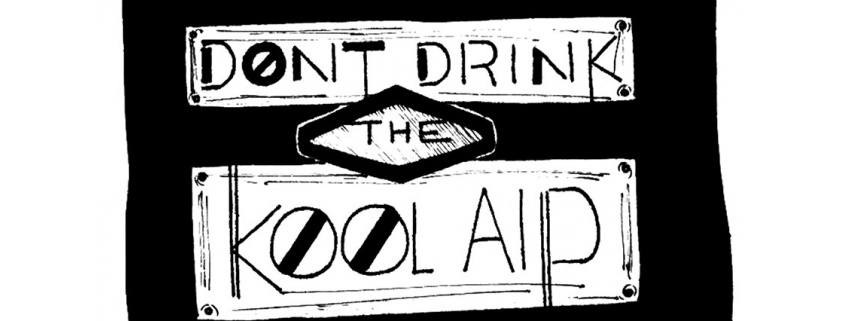InStyle cover highlights racial inequality
Since the premiere of the hit television show Scandal, lead actress Kerry Washington has broken barriers as the first African American woman to star in a primetime network television show since the 1970s. Despite the strides Washington has made for racial inequality in the entertainment industry, media outlets continue to lighten photographs of African American celebrities in an attempt to whitewash talent. Most recently, Washington’s photo on the February cover of InStyle magazine portrays her skin as significantly lighter than it actually is. By purportedly lightening the color of her skin, InStyle diminished Washington’s achievements as a African American woman and the accomplishments black people have made before her. Magazine publications should send positive messages to their readers, and altering celebrities’ appearance to conform to culturally established notions of beauty does not serve that purpose.
Though one-third of the United States population consists of people of color, Hollywood continues to underrepresent racial minorities in film productions and television shows. Because of this lack of diversity, women of color are rarely featured in magazines — but when they are severely lightened or altered. As one of the few African American protagonists on a major television series, Washington should be depicted as the powerful African American woman she is instead of the common white actress. By featuring African American celebrities, magazines can help provide women of color icons with whom they might identify.
Additionally, by highlighting a celebrity’s ethnic heritage, magazines would declare that race is not something rooted in shame. Instead of ignoring the struggles women of color have overcome to even appear on the front page of a magazine, major publications should focus on these issues during the interview portion, starting more conversations about racial representation in Hollywood.
Magazines are not the only outlets under fire for skin-lightening. Advertisement companies are notorious for promoting unrealistic standards of beauty, ultimately destroying a young woman’s self-confidence. Similar how the depiction of a thin model might influence young women to develop eating disorders, lightening an African American women’s skin can lead other African American women to consider bleaching their own skin. By endorsing impractical beauty ideals, advertisement companies are profiting from the adverse effects on impressionable young women.
Washington is not the only celebrity who has been subject to the cruel retouching of their skin. Despite garnering one of the largest fan bases on television, multitalented celebrity Beyoncé was almost unrecognizable in a recent L’Oréal ad. The cosmetic company’s depiction of Beyoncé with lighter skin and blonde hair was a deliberate attempt to make her more relatable to a white customer. In addition, actress Lupita Nyong’o’s skin was visibly lighter in a photo shoot for Vanity Fair. Though she was featured in the magazine because of her work in 12 Years a Slave, a film that illustrates the gruesome nature of slavery, the magazine lightened her skin, wasting the opportunity for a national conversation on the new idea of dark-skin beauty.
Though magazines and advertising companies have a mass market, very few take the opportunity to discuss real issues. With all the attention, they have the potential to make a difference in the ways people view celebrities and ultimately, themselves. Rather than promote unrealistic standards and profit off of people’s insecurities, media outlets should create a more realistic standard of beauty by minimizing the use of Photoshop and similar tools. Furthermore, they should encourage open discussion on racial issues in the entertainment industry, making women of color more comfortable with themselves. Though readers have become more cognizant of the racism portrayed by the media, magazines and ad agencies must follow suit in order to truly eradicate these unrealistic and horrible standards of stereotypical beauty.


Hear! Hear!